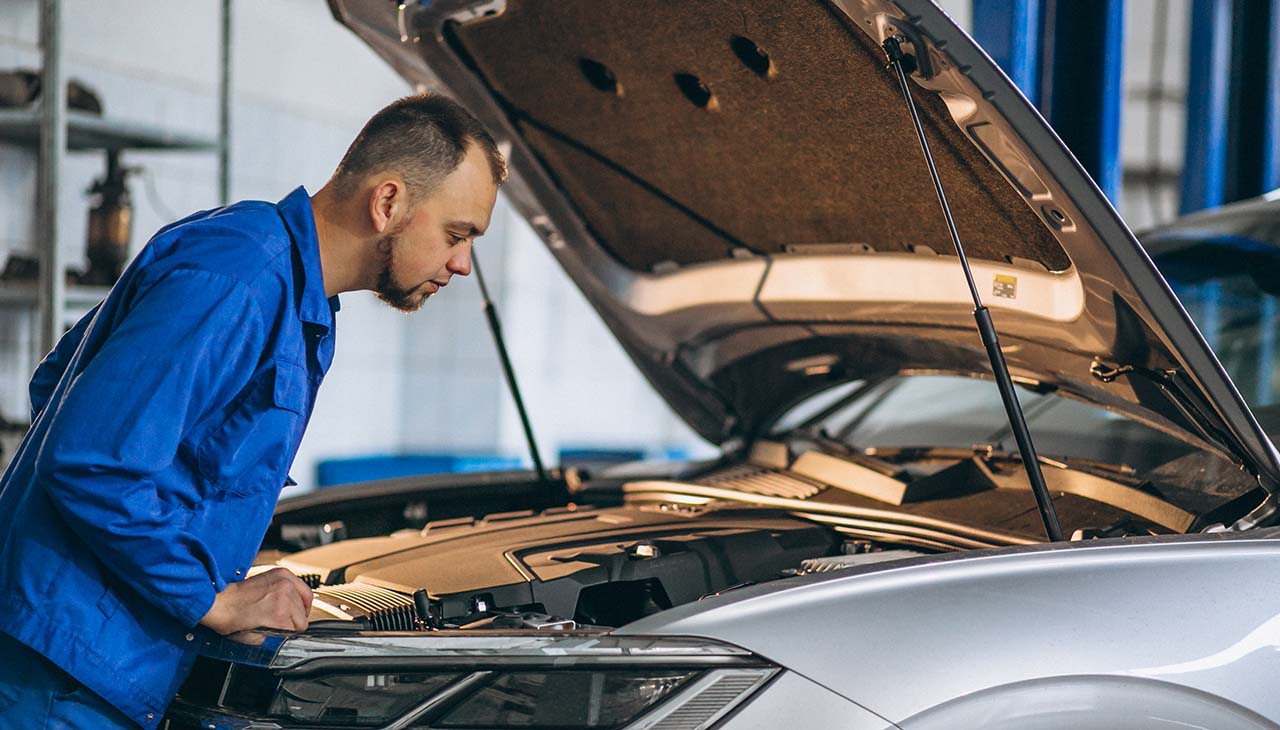Welcome to “Boosting Your Car’s Performance: A Beginner’s Guide,” where we’re setting out to demystify the complex world of automotive enhancements for newcomers and seasoned car enthusiasts alike. Whether you’re looking to improve horsepower, enhance fuel efficiency, or simply make your ride smoother and more responsive, this guide covers the fundamentals to get you started. From understanding the basics of your vehicle’s engine to exploring the myriad of aftermarket products available, we’re here to help you make informed decisions to optimize your car’s performance. Join us as we throttle through the essential steps, tips, and tricks to transform your driving experience.
Understanding Car Tuning Basics
Car tuning is an art and science that involves modifying various aspects of your vehicle to enhance performance, efficiency, and appearance. At its core, tuning can significantly improve the efficiency and performance of your car, making it stronger, faster, and more fuel-efficient. There are several techniques involved in car tuning, each with its unique impact on your vehicle.
One common method is ECU (Engine Control Unit) tuning, which adjusts the software managing your car’s engine, potentially enhancing power output, torque, and fuel efficiency. Suspension tuning is another critical area, designed to improve the vehicle’s handling characteristics by modifying the springs, shock absorbers, and sway bars.
Aerodynamic adjustments, through the addition of spoilers, diffusers, and air dams, not only enhance the vehicle’s appearance but also reduce drag and improve speed and fuel efficiency. Finally, enhancing the exhaust system can lead to more efficient expulsion of exhaust gases, thereby increasing performance.
Understanding these techniques and their impacts is crucial for anyone looking to improve their car’s performance. By familiarizing yourself with the different aspects of car tuning, you can make informed decisions that best suit your vehicle and driving preferences.
Regular Maintenance for Optimal Performance
Beyond the specialized techniques of car tuning, regular maintenance stands as a foundational pillar in enhancing and sustaining your vehicle’s performance. Neglecting basic upkeep can negate the benefits of any advanced modifications by causing your car to operate below its potential. To ensure optimal performance, efficiency, and longevity of your car, adhering to a routine maintenance schedule is paramount.
Top maintenance practices include regular oil changes, which ensure your engine runs smoothly and efficiently, and replacing air filters to improve engine breathability and fuel economy. Keeping tires properly inflated and aligned not only extends their life but also improves fuel efficiency and handling. Regular inspection and maintenance of the braking system ensure your safety and can indirectly affect your car’s performance by ensuring that it stops as efficiently as it goes. Lastly, keeping the cooling system in check can prevent engine overheating, thus protecting engine performance.
Each of these practices plays a critical role in maintaining and boosting your car’s performance. By staying vigilant with regular maintenance, you can enjoy a vehicle that performs at its peak, offering a more enjoyable, safe, and cost-effective driving experience.
Engine Tuning for Power Enhancement
Engine tuning stands as a pivotal aspect of performance enhancement, targeting the heart of your vehicle to extract maximum power output. This process involves fine-tuning the engine’s parameters, such as the air-to-fuel ratio, ignition timing, and boost pressure (in turbocharged engines), to boost performance significantly. One popular technique is reprogramming the ECU, or Engine Control Unit, which serves as the brain of the engine, commanding every aspect of its operation. By adjusting the ECU’s software, tuners can unlock the engine’s latent potential, significantly increasing horsepower and torque without the need for physical modifications.
Another aspect of engine tuning includes upgrading parts such as the air intake and exhaust systems to improve airflow in and out of the engine. This not only enhances combustion efficiency but also leads to noticeable improvements in power and acceleration. Additionally, upgrading to a high-performance fuel system can support increased power demands, ensuring that the engine receives the necessary fuel at the right pressure and volume.
Understanding the synergy between these modifications and how they contribute to the overall performance of your vehicle is crucial. Engine tuning isn’t merely about pushing your car to its limits; it’s about optimizing its existing capabilities to achieve a blend of power, efficiency, and reliability. Whether you’re an avid car enthusiast or a casual driver looking to enhance your vehicle’s performance, engine tuning offers an exciting avenue to not only boost power output but also personalize your driving experience.
Improving Handling and Safety
Improving your car’s handling and safety features is essential for a smoother and safer driving experience. Beginners can start with simple, cost-effective modifications that significantly impact both performance and safety. Tire upgrades are among the most straightforward changes you can make; opting for high-quality, performance-oriented tires can drastically improve grip, reduce stopping distances, and enhance handling in various driving conditions. Brake upgrades, including high-performance pads, rotors, and brake lines, can also make a notable difference, offering shorter stopping distances and better resistance to fading under heavy use.
Suspension modifications such as upgrading to performance shocks, struts, and springs, or installing adjustable coilovers, can lower the vehicle’s center of gravity and improve its responsiveness during cornering, accelerating, and braking. For safety enhancements, consider adding or upgrading driver-assistance features such as parking sensors, rearview cameras, and blind-spot warning systems. These technologies can help prevent accidents and make driving and maneuvering easier and safer.Focusing on handling and safety does not only lead to a more enjoyable driving experience but also ensures that your car remains stable and predictable under various conditions, protecting both you and your passengers. Start with these beginner-friendly modifications, and as your comfort and experience grow, you can explore more advanced options to fine-tune your vehicle’s performance to your liking.

